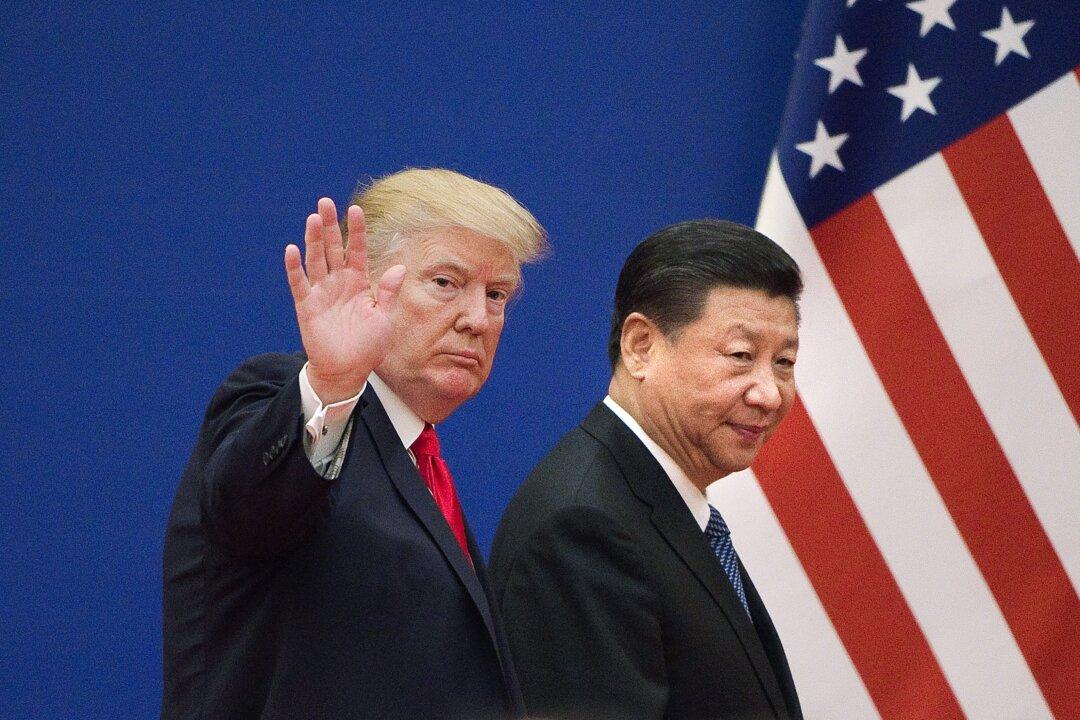Commentary
Too often, history and experience open our eyes to one set of facts and yet leave us blind to others. Our experiences and the information upon which we base our judgements color our perceptions and leads us to certain biases.

Too often, history and experience open our eyes to one set of facts and yet leave us blind to others. Our experiences and the information upon which we base our judgements color our perceptions and leads us to certain biases.